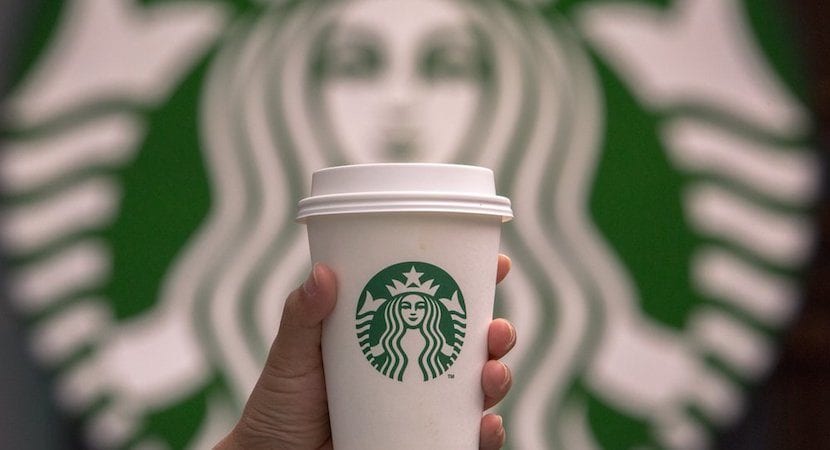
Today, we have at our disposal a large number of services that allow us to pay via mobile: Apple Pay, Google Pay, Samsung Pay ... But we can also find some platforms that do not use the technology currently available so that customers can make payments in their establishments.
Starbucks, despite offering Apple Pay, Google Pay and Samsung Pay in its establishments, also has a mobile payment system that works through an application that generates QR codes, as was done in the early years of the Google Wallet (now Google Pay) began to take the first steps in the electronic payments sector.
Regular Starbucks customers prefer to use the application that the company offers us to pay for all the drinks they make in the store or to take away, since it allows them to earn credits according to their consumption, credits that can be exchanged for future purchases. With this simple loyalty program, Starbucks has managed to stand up to the big tech giants and their electronic payment methods. Another reason why it beats Apple Pay in particular is because the application is available on both iOS and Android.
According to the latest data from eMarketer, at the end of 2018, the Starbucks application will have 23.4 million active users, figures much higher than those that we can find in Apple Pay, with 22 million, Google Pay with 11.1 million and Samsung Pay with 9,9, 2022 million active users. According to this analysis company, the application will continue to be the leader in terms of number of users until 27, when Apple Pay will probably be the first to surpass it. Currently Apple Pay is available in 80 countries and although Samsung Pay is the most widely accepted payment method in merchants with an XNUMX% share, it is nevertheless the least known.